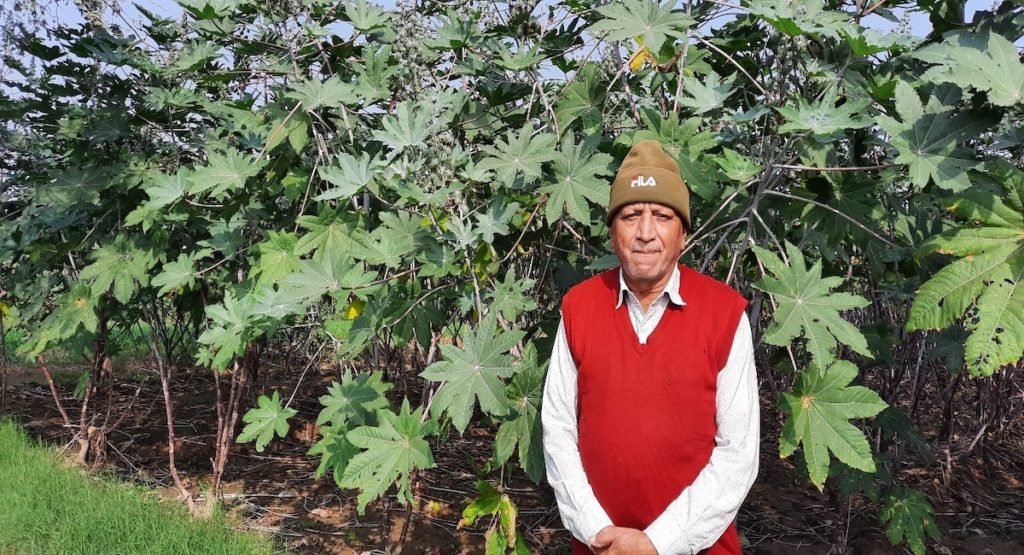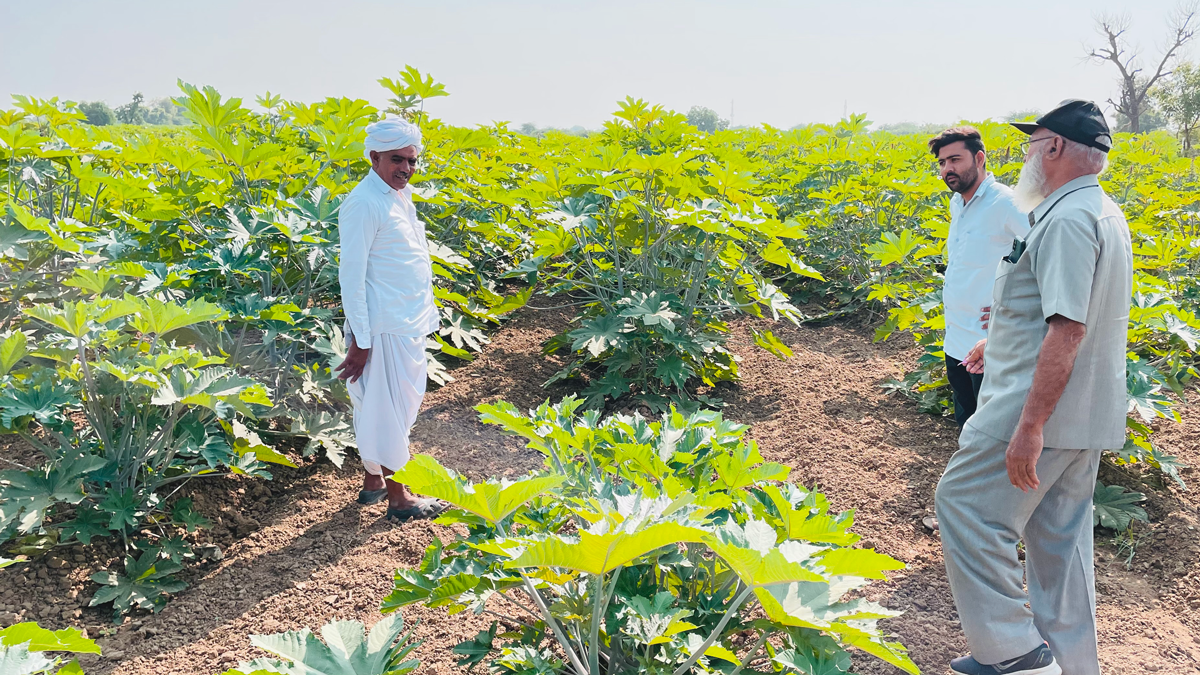Castor is a highly adaptable plant with a naturally high seed oil content. As demand for castor rises, the need for responsible and sustainable production that benefits consumers, producers, and the environment is urgent. Pragati, the world’s first sustainable castor crop program, was launched in Gujarat, India, in May 2016 by a consortium including Arkema, BASF, and Jayant Agro-Organics, along with implementing partner Solidaridad.
Pragati programme partners recently shared the program’s sixth year impact figures, including:
- Over 6,200 farmers from more than 80 villages in north Gujarat have been trained, audited, and certified.
- Over 50,000 tons of certified castor seed have been cultivated by programme participants, a 22 percent higher yield compared to non-Pragati farmers.
- Over 6,000 additional hectares are under cultivation in compliance with the SuCCESS® sustainable castor code, contributing to a total of 19,000 hectares over the duration of the project. The profitability of the crop has encouraged Pragati farmers to dedicate more land for castor farming.
- Nearly 6,300 safety kits and crop protection product boxes were distributed free of cost.
- Water consumption has been reduced by nearly 30 percent in the demonstration plots where accurate measurement and control are in place.
- Over 260 individual training sessions were held with the farmers in the sixth year of implementation.
In addition, the castor code encourages all certified farmers to ensure their children are actively enrolled in school, and mandates regular medical check-up of all workers and encourages the use of renewable energy, where possible. Emphasis is also placed on improved personal safety and safe handling practices for chemicals.

“I was following the traditional methods of sowing. But seeing my neighbor’s farm and its production gave me the confidence to talk to Solidaridad. I wanted to adopt scientific practices for better yield and quality, too,” says Patel Prahladbhai Tribhovandas, a paticipant in Amudh village in Mehsana district of Gujarat.
Following the successful completion of the programme’s initial 3-year phase, the consortium members committed to another 3-year phase, beginning late 2019, and have now committed to a third phase. The duration and terms for this phase are yet to be finalized.
“Six years of the initiative have garnered impressive results,” says Rajesh Bhatia, Assistant General Manager, Solidaridad. “Pragati has provided impetus to farmers and corporate players to invest in the promotion and development of a sustainable castor sector through ecosystem management and farmer engagement.”
The idea behind Pragati
The Pragati project was conceptualized following a baseline survey of more than 1,000 castor farmers in Gujarat, the largest castor-producing state in India. The survey highlighted that farmers see castor as a highly remunerative and profitable crop – easy to grow, and easy to sell.
The programme encourages sustainable castor crop production by:
- Using good agricultural practices to increase yield and farmer income;
- Efficiently using water resources and maintaining soil fertility;
- Driving adoption of good waste management practices;
- Enabling better health and safety practices and respecting human rights.

